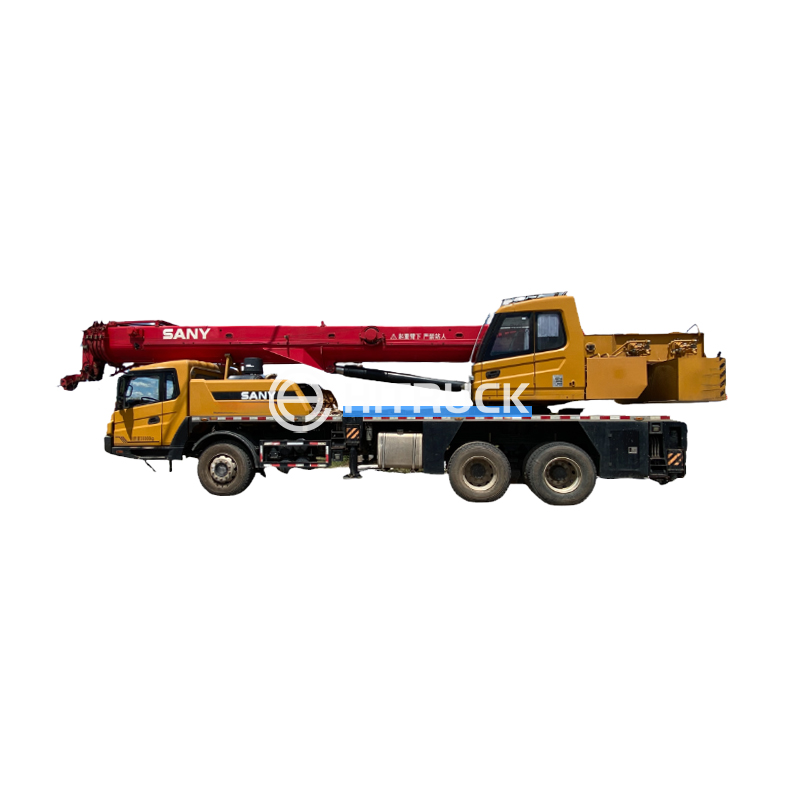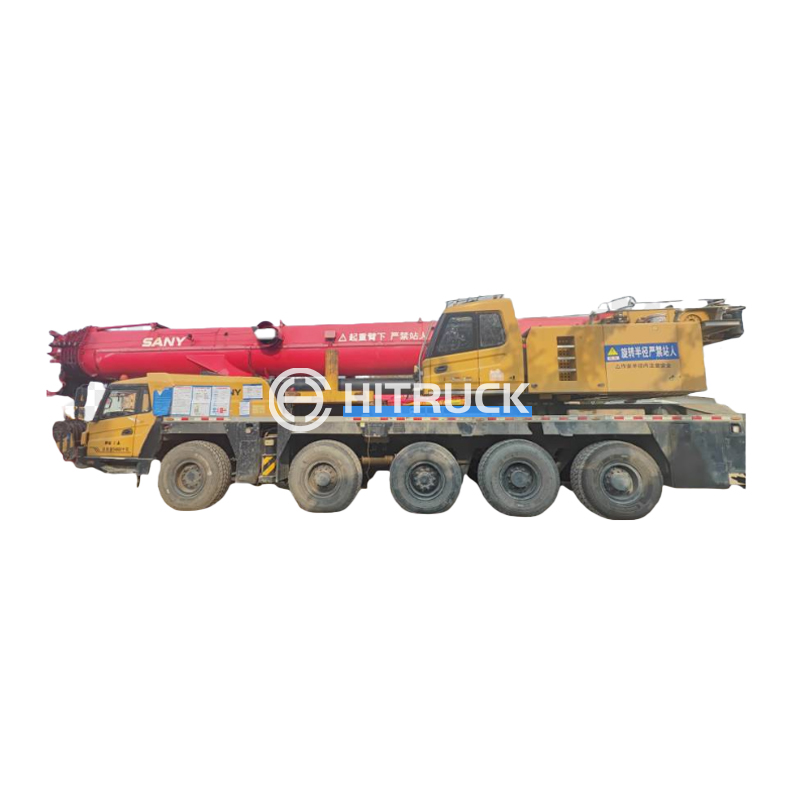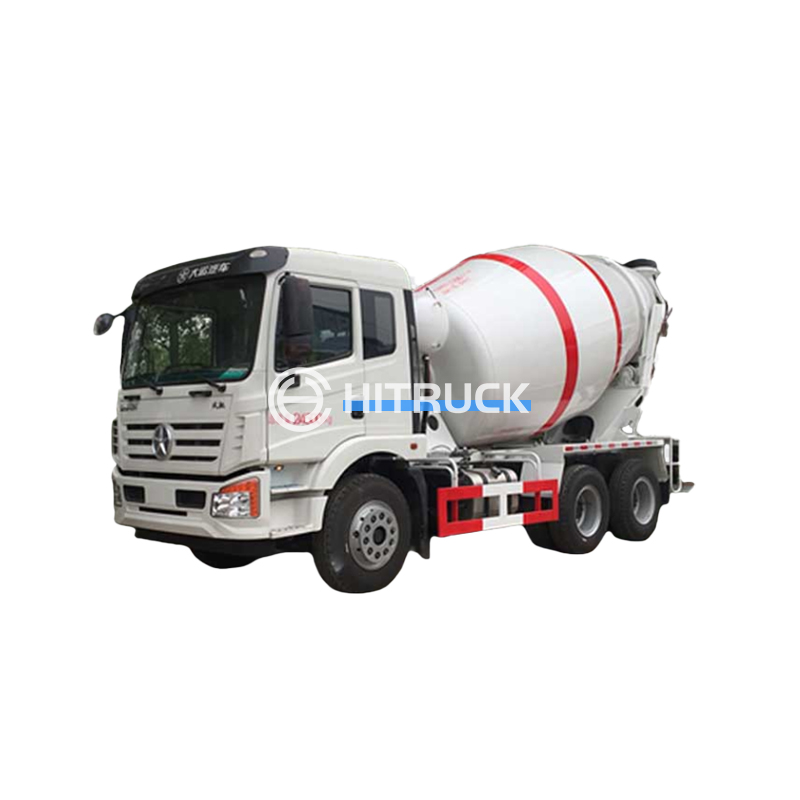This comprehensive guide explores the world of water tanker trucks, covering everything from choosing the right size and type to understanding maintenance and regulations. We'll delve into the various applications, key features to consider, and factors influencing your purchase decision, ensuring you're well-informed before investing in this essential piece of equipment. Whether you're a contractor, farmer, or part of a municipal water department, this guide provides practical advice for making the best choice for your specific needs.
Water tanker trucks come in a wide range of capacities, from small, compact models ideal for localized applications to massive vehicles capable of transporting thousands of gallons. The ideal size depends entirely on your needs. Consider the typical volume of water you'll need to transport and the accessibility of your job sites. Smaller trucks offer better maneuverability in tight spaces, while larger trucks are more efficient for long distances and high-volume transfers. Think about the terrain you'll be navigating – rough terrain may necessitate a more robust, heavy-duty water tanker truck.
The tank material significantly impacts durability, lifespan, and the type of water that can be transported. Common materials include stainless steel (excellent for potable water), aluminum (lightweight but potentially less durable), and polyethylene (cost-effective but may have limitations with certain chemicals). Consider the specific requirements of the water you'll be hauling – corrosive substances necessitate tanks made of corrosion-resistant materials. The construction of the chassis and undercarriage should also be assessed for strength and reliability, particularly for off-road applications. A well-constructed water tanker truck will withstand years of demanding use.
Various features can enhance the functionality and efficiency of a water tanker truck. These might include:
Selecting the right water tanker truck involves careful consideration of several factors:
The cost of a water tanker truck can vary significantly depending on size, features, and manufacturer. Carefully plan your budget and explore financing options to ensure a manageable purchase.
Regular maintenance is vital for prolonging the lifespan of your water tanker truck and preventing costly repairs. Factor in maintenance costs into your overall budget. Consider the availability of parts and service in your area.
Familiarize yourself with all relevant local, state, and federal regulations concerning the transport of water and the operation of water tanker trucks. Ensure your chosen vehicle meets all safety and environmental standards. This is particularly crucial when transporting potable water.
Finding a reputable supplier is essential. For a wide selection of high-quality water tanker trucks, consider exploring options like Suizhou Haicang Automobile sales Co., LTD. They offer a diverse range of models to suit various needs and budgets. Always compare prices and specifications from different suppliers before making your final decision.
Proper maintenance is key to maximizing the lifespan of your investment. Regular inspections, cleaning, and preventative maintenance will help avoid costly breakdowns and ensure the continued safe and efficient operation of your water tanker truck.
| Truck Type | Typical Capacity | Suitable Applications |
|---|---|---|
| Small Water Tanker Truck | 500-2000 gallons | Construction sites, landscaping |
| Medium Water Tanker Truck | gallons | Municipal water services, agriculture |
| Large Water Tanker Truck | 5000+ gallons | Large-scale construction, industrial applications |
Remember to always consult with professionals and conduct thorough research before making any purchase decisions regarding water tanker trucks.












